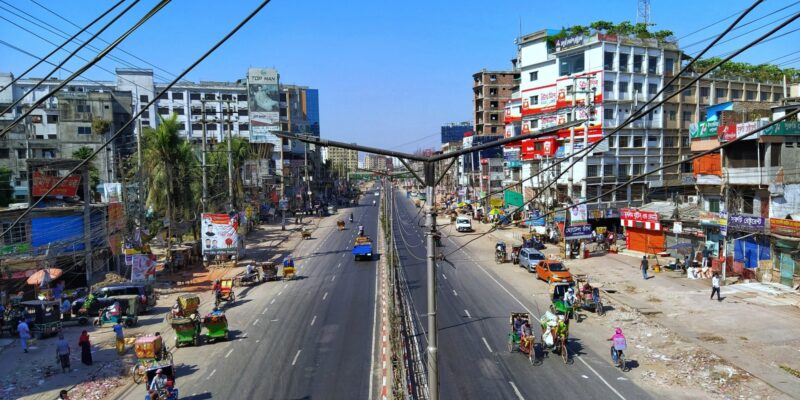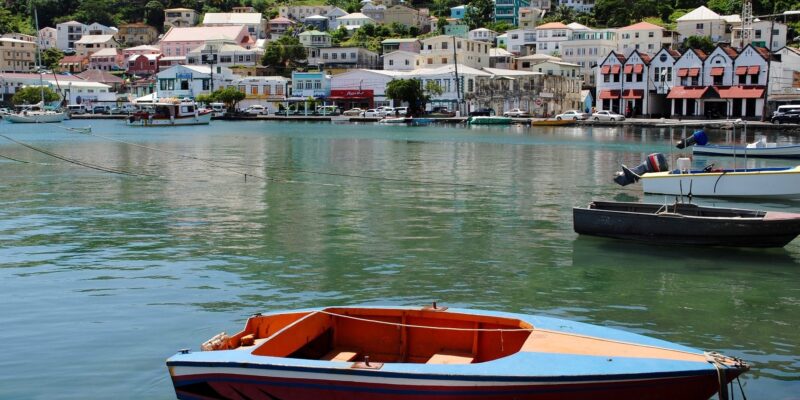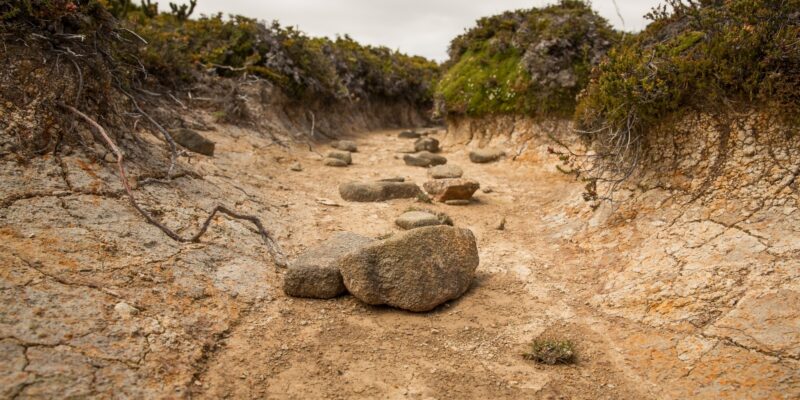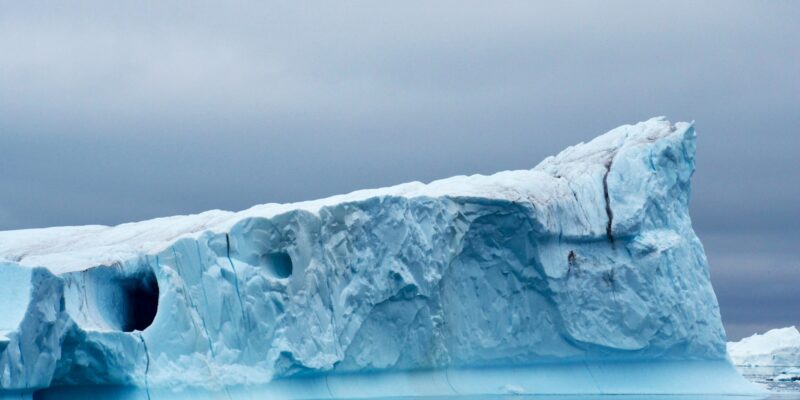Comment
Insights and expert analysis on climate issues.
Share


South Asia is home to a quarter of the world’s population. The region’s power demand is growing rapidly, and so is its reliance on fossil fuels to meet it – but this strategy is beginning to backfire, and is costing countries dearly.

The IPCC has highlighted the Caribbean’s vulnerability to climate change: what does this mean for climate justice?
Rueanna Haynes
Climate change is an inherently unjust phenomenon. Its impacts often disproportionately affect the most socioeconomically vulnerable parts of the world, even though these regions contribute the least to global emissions. The Caribbean, my home, is one of them.

A robust assessment of losses and damages was featured in the recent IPCC Working Group II report, representing a major step forward in recognising existing negative impacts and future risks of climate change. The assessment provides strong support for increased action and support for loss and damage, urgent mitigation to limit global warming to 1.5°C, and more extensive adaptation.

New pathways to 1.5°C: interpreting the IPCC’s Working Group III scenarios in the context of the Paris Agreement
Dr Carl-Friedrich Schleussner, Bill Hare
In total, the IPCC's Working Group III report assessed 97 pathways that limit warming to 1.5°C, adding to our understanding of the options and conditions for achieving the necessary emissions reductions. We take a closer look at how 1.5°C compatible pathways are defined in the IPCC AR6 report and why this matters.

Heatwave and war are unveiling the vulnerability of India’s coal dominated power sector
Dr Nandini Das
A deadly heatwave has pushed electricity demand to a new high in India. In response, the Indian government plans to increase domestic production and imports of coal. Instead, this crisis should present an opportunity to ramp up its renewables expansion.

Understanding the Paris Agreement’s Long Term Temperature Goal
Dr Carl-Friedrich Schleussner, Uta Klönne, Bill Hare
The 1.5°C limit in the Paris Agreement is now widely accepted as the goal towards which climate policy is working. The science behind the goal is extensive and the Agreement’s language is precise. We explain how it should be interpreted.